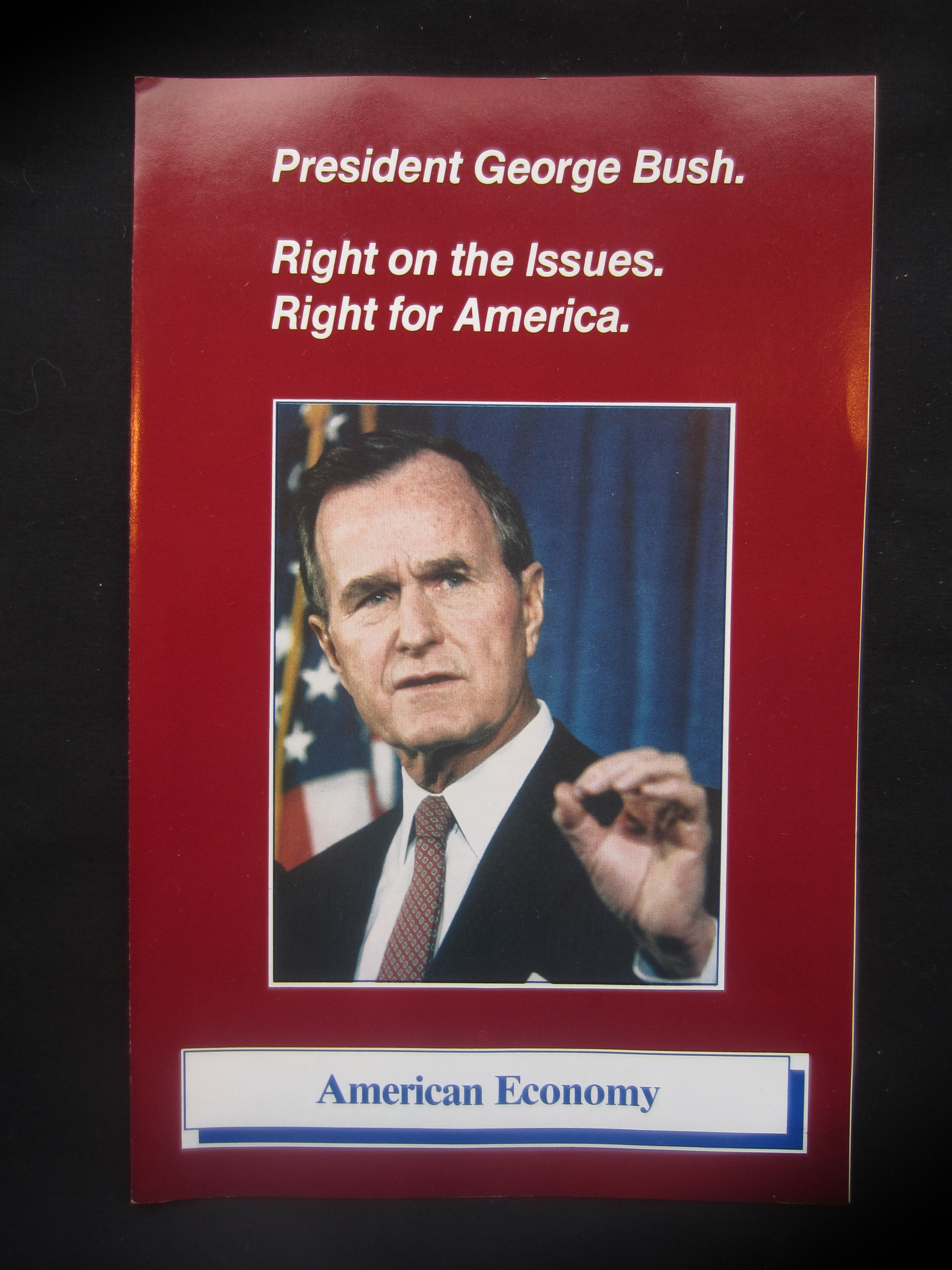
Back to a regular blog. This week, I’m going to look at twentieth century one term U.S. Presidents. For the purposes of this blog, a one term President is one who originally attained office in their own right and then lost their bid for re-election. This precludes individuals that first rose to the office as a result of the passing or resignation of the sitting President (Teddy Roosevelt, Calvin Coolidge, Harry Truman, Lyndon Johnson, Gerald Ford). This leaves us with only 4 20th century one-termers, William Taft, Herbert Hoover, Jimmy Carter and George Bush. There is one common element that all four faced, and a second that 3 of the four faced. Here is my analysis.
William Taft (1909 – 1913) – The United States faced a significant economic downturn in the early part of the 20th century. As is usually the case, the person at the top got the blame. Taft inherited an economy that was doing okay, but, watched, helplessly as it fell into recession. He faced a second challenge. Third party candidate Teddy Roosevelt decided that he wanted his old job back. He ran as a third party candidate. He did so well, that the incumbent president finished third in the popular vote. Both lost to Woodrow Wilson.
Herbert Hoover (1929 – 1933) – In the first year of Hoover’s presidency, the stock market crashed. Whether you subscribe to the numerous economists who suggest that the crash was a result of the coming depression or whether you subscribe to the J. K. Galbraith theory that the crash caused the depression, the fact is, the economy went into the tank and the Hoover government was helpless to stop it. Try as he might, the depression came about. His opponent in the 1932 election provided hope. Hoover lost his bid for re-election to Franklin Roosevelt. For Franklin Roosevelt items CLICK HERE!
Jimmy Carter (1977 – 1981) – Under Jimmy Carter’s watch, the U.S. economy fell into recession. Instead of offering the hope that Franklin Roosevelt would offer, he criticized the very people he would need to be re-elected. He complained of a “ma-laze in the nation”. He was, of course, correct. But voters don’t want to be blamed for their problem; they want to be offered solutions. For Jimmy Carter items CLICK HERE! Add to the fact that a liberal Republican (yes, there used to be those), having lost his own party’s nomination, ran as an independent. IL congressman John Anderson would garner some of the votes from the left, votes that would more likely have gone to Carter. For John Anderson items CLICK HERE! In the end, both would lose to Ronald Reagan. For Ronald Reagan items CLICK HERE!
George H. W. Bush (1989 – 1993) – Bush’s election was, in itself, an oddity. Usually, Vice-Presidents don’t get elected after an 8 year term in the office. Bush, however, bucked that trend. He led an allied coalition in the Gulf War. He seemed unbeatable going into the 1992 election. Events overtook him. After breaking his “no new taxes” pledge, the economy went into recession. For George H. W. Bush items CLICK HERE! Enter a third party candidate that had prior ties to the Republican party, Ross Perot. He challenged the president from the right. He mocked his economic policies. He won almost 20% of the vote. For Ross Perot items CLICK HERE! In the end, both would lose to a new generation of American. Bill Clinton would beat them both. For Bill Clinton item CLICK HERE!
My thesis should be obvious. James Carville was right when he said, “it’s the economy, stupid”. Presidents lose office when the economy turns against them. In three cases, the faltering economy led to third party challenges. In every case, the President was unable to hold onto office.
Do you agree? Share your thoughts in the comment section.
